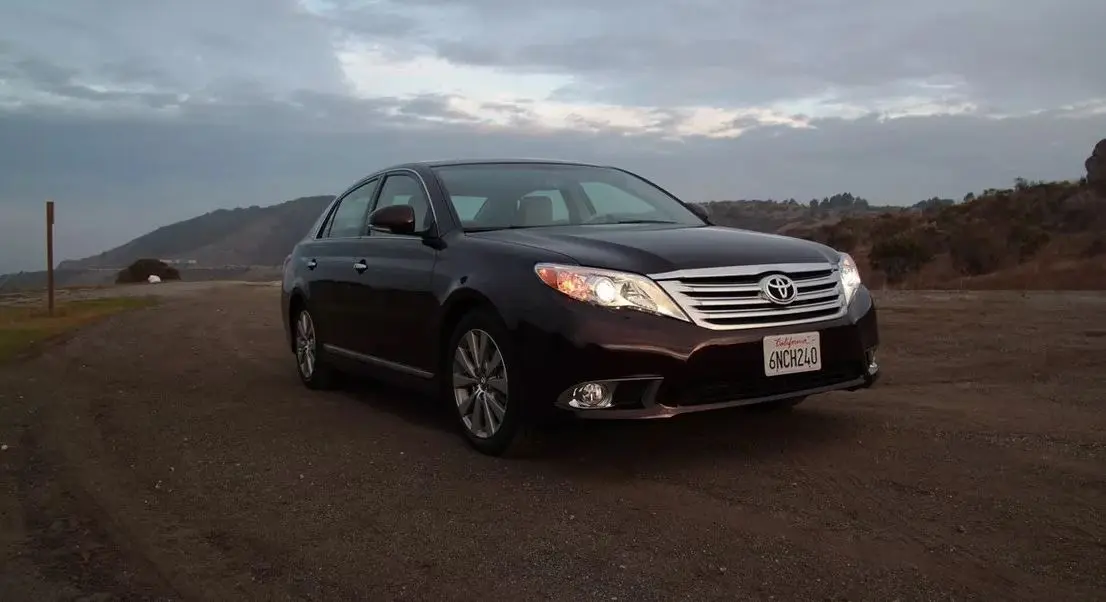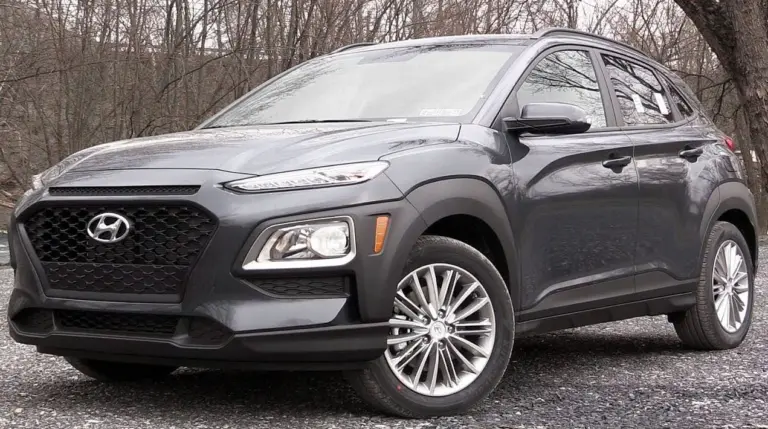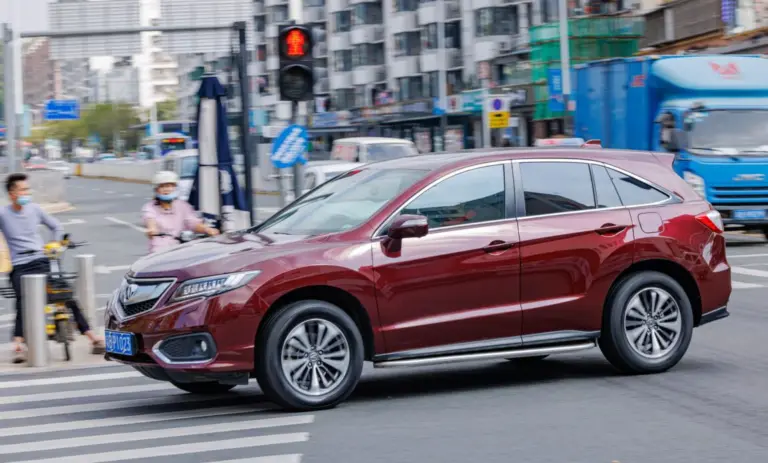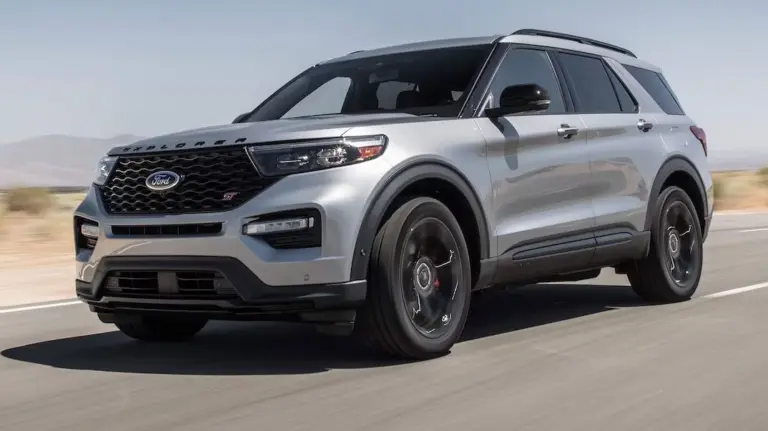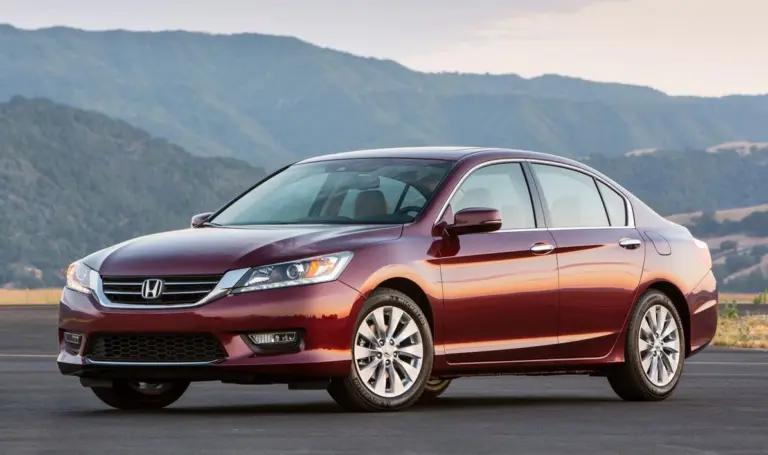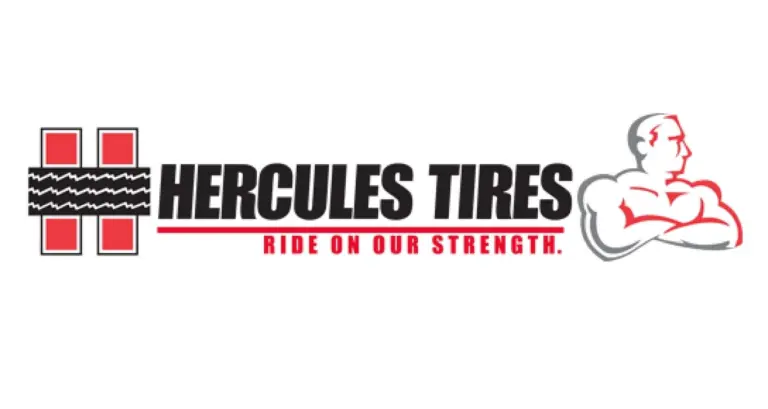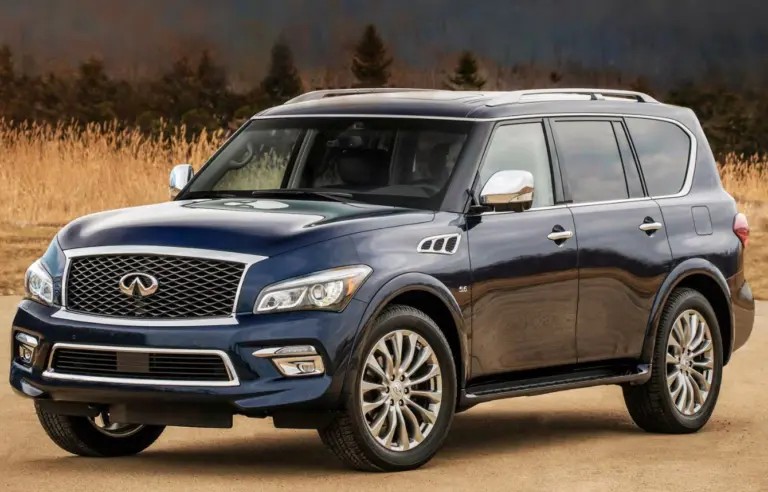Toyota Avalon Years to Avoid (Updated)
The Toyota Avalon has been a preferred choice for buyers seeking comfort and dependability in a full-size sedan. Over the years, it has earned a reputation for its smooth ride, spacious interiors, and excellent reliability. But, there are some Toyota Avalon years to avoid.
Not every model year has lived up to these expectations. Some Avalons have faced significant issues that could turn your dream car into a costly burden. By understanding which years to approach with caution, you can avoid unnecessary expenses and frustrations.
Toyota Avalon Years to Avoid
| Model Year | Key Issues |
|---|---|
| 2005–2008 | Engine oil leaks, complete engine failure, cracked dashboards |
| 2011 | Paint peeling, high number of recalls, electronic component failures |
| 2013–2014 | Unintended acceleration, fuel system leaks, suspension problems |
2005–2008 Models
The 2005–2008 Toyota Avalon models have left many owners dissatisfied due to recurring issues that impact performance and ownership experience. These vehicles, while comfortable, have shown significant weaknesses in their design and engineering, leading to frequent complaints.
One of the most common issues reported during these years is engine trouble. Problems such as oil leaks and excessive oil consumption have been a recurring theme. In more severe cases, some owners experienced complete engine failure, resulting in expensive repairs or replacements. These issues not only affect the car’s performance but also significantly reduce its resale value.
Many 2005–2008 Avalon owners have faced problems with the vehicle’s interior, particularly the dashboard. Cracked dashboards have been widely reported, detracting from the car’s aesthetic appeal and comfort. This problem is especially troubling as it is both a cosmetic and safety concern, potentially affecting visibility and passenger safety during a collision.
While the Avalon is known for being budget-friendly when it comes to maintenance, these specific years have proven to be exceptions. Owners often report higher-than-average repair costs due to the above-mentioned problems, making these models less appealing to budget-conscious buyers.
2011 Model
The 2011 Toyota Avalon, while praised for its spacious interior and smooth driving experience, has its fair share of problems. These issues have made this particular model year less desirable among used car buyers. While it might seem like a good deal at first glance, digging into owner complaints reveals some significant flaws.
One of the most reported concerns with the 2011 Avalon is peeling paint. Owners frequently mention that the paint on the roof and other areas tends to flake or wear off prematurely. This not only affects the car’s appearance but also decreases its resale value. Fixing this issue can be expensive, requiring either touch-up work or a full repaint.
The 2011 Avalon has been subject to numerous recalls over the years, covering a variety of issues. These recalls, ranging from minor inconveniences to serious safety concerns, highlight the potential reliability problems of this model. While Toyota has addressed these recalls, the sheer number of them raises questions about the vehicle’s quality control during production.
Although Toyota vehicles are generally known for low maintenance costs, the 2011 Avalon doesn’t fully align with that reputation. Problems like faulty door locks and electronic components have been commonly reported, leading to higher repair expenses.
2013–2014 Models
The 2013 and 2014 Toyota Avalon models, despite their modern features and appealing designs, have been marked by serious issues. These years have raised safety concerns for many owners and impacted the vehicles’ overall reliability.
A notable problem with the 2013–2014 Avalons is unintended acceleration. Some drivers have reported instances where the vehicle accelerates on its own without any input. This alarming issue has caused accidents in certain cases, making these models a potential safety hazard. Although Toyota issued fixes for affected vehicles, this remains a significant deterrent for potential buyers.
Another common issue involves fuel leaks, which were serious enough to prompt recalls. Leaking fuel poses a fire hazard, creating a dangerous situation for both the driver and passengers. Repairing or replacing faulty fuel components can be both time-consuming and expensive.
Owners of these models have also reported issues with the suspension system. Problems such as noisy or worn-out suspension parts can lead to a less comfortable ride and higher maintenance costs. While these may not be as hazardous as the other issues, they still affect the car’s overall performance and reliability.
Despite their sleek design and updated features, the 2013–2014 Avalons can end up being a costly investment. Repairs for safety-related issues and other mechanical defects add to the overall expense, making these years less desirable in the used car market.
Recommended Toyota Avalon Models
If you’re looking for a reliable and comfortable Toyota Avalon, certain model years stand out as excellent choices. These models have proven to be dependable, with fewer reported issues and a strong reputation for performance, safety, and value.
2015–2017 Models
The 2015–2017 Toyota Avalon models are widely regarded as some of the most reliable in the lineup. These years benefited from significant improvements in design, engineering, and technology.
- Enhanced Reliability: Toyota addressed many of the issues found in earlier models, such as unintended acceleration and engine problems. These models exhibit fewer recalls and owner complaints.
- Updated Features: With modern infotainment systems, advanced driver-assistance features, and refined interiors, these years offer a more comfortable and enjoyable driving experience.
- Smooth Performance: The 3.5-liter V6 engine delivers a smooth, powerful ride while maintaining excellent fuel efficiency for a full-size sedan.
2018–2020 Models
The 2018–2020 Avalon models further solidified the car’s reputation for reliability and innovation. These years introduced a refreshed design and advanced technology features.
- Safety Upgrades: Toyota Safety Sense, a suite of driver-assistance features, became standard. This includes adaptive cruise control, lane departure alert, and pre-collision braking.
- Modern Aesthetics: With a sleek exterior design and premium interior materials, these models provide a luxurious experience.
- Hybrid Option: The availability of a hybrid model during this period offers an eco-friendly alternative with impressive fuel economy without sacrificing performance.
2021–Present Models
If your budget allows, the 2021 and newer Avalons are the pinnacle of reliability, safety, and luxury in the lineup.
- Cutting-Edge Technology: These models feature advanced infotainment systems, seamless smartphone integration, and top-tier audio options.
- Improved Efficiency: Both the standard and hybrid models offer better fuel economy, making them an excellent choice for long-term ownership.
- Refined Ride Quality: Enhanced suspension and noise insulation deliver a quieter, smoother driving experience.
Frequently Asked Questions (F.A.Q)
Why should I avoid the 2005–2008 Toyota Avalon models?
The 2005–2008 Avalon models are known for significant engine-related problems, including oil leaks and, in severe cases, complete engine failure. These issues not only compromise the vehicle’s reliability but also lead to high repair costs. Additionally, cracked dashboards in these years have been a frequent complaint, affecting both aesthetics and safety. If you’re considering these models, be prepared for potential long-term maintenance challenges.
Are the 2011 and 2013–2014 Avalons reliable?
The 2011 Avalon comes with its share of problems, including paint peeling and a high number of recalls addressing various defects. While these recalls resolve many issues, their frequency points to potential quality control lapses. The 2013–2014 models, on the other hand, have more critical safety concerns, such as unintended acceleration and fuel system defects. While repairs might resolve these issues, they significantly affect the car’s reliability and overall safety.
Which Avalon years are considered the most reliable?
The Avalon is generally dependable, but models produced after 2015 are widely regarded as more reliable. Toyota addressed many of the issues from earlier years, leading to improvements in performance, safety, and owner satisfaction. These later models typically have fewer recalls, better features, and enhanced build quality, making them a safer choice for buyers.
Can recalls fix all the problems in these years?
While recalls address specific defects, they don’t cover every problem reported by owners. For example, cosmetic issues like cracked dashboards or paint peeling are rarely covered by recalls. Even with recalls addressed, some vehicles may still exhibit recurring mechanical or performance problems.
Wrapping Up
The Toyota Avalon remains a popular choice for its blend of luxury, reliability, and comfort. However, not all model years live up to the brand’s high standards. The 2005–2008, 2011, and 2013–2014 models stand out as years to approach cautiously due to recurring mechanical, cosmetic, and safety issues. Problems such as engine failures, unintended acceleration, and peeling paint can lead to high repair costs and significant safety concerns.
| Read Also |
| Lexus RX 330 Years to Avoid |

